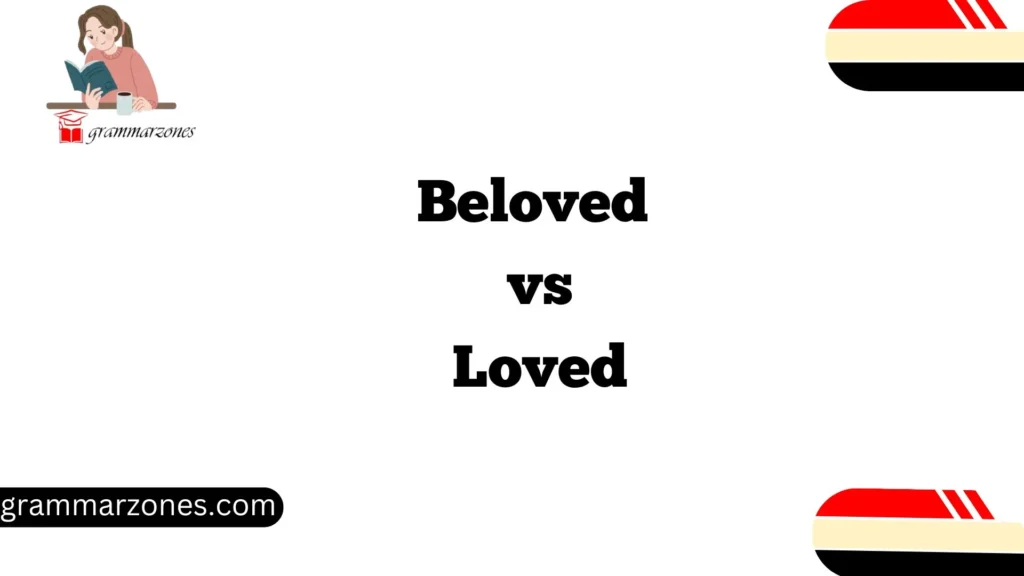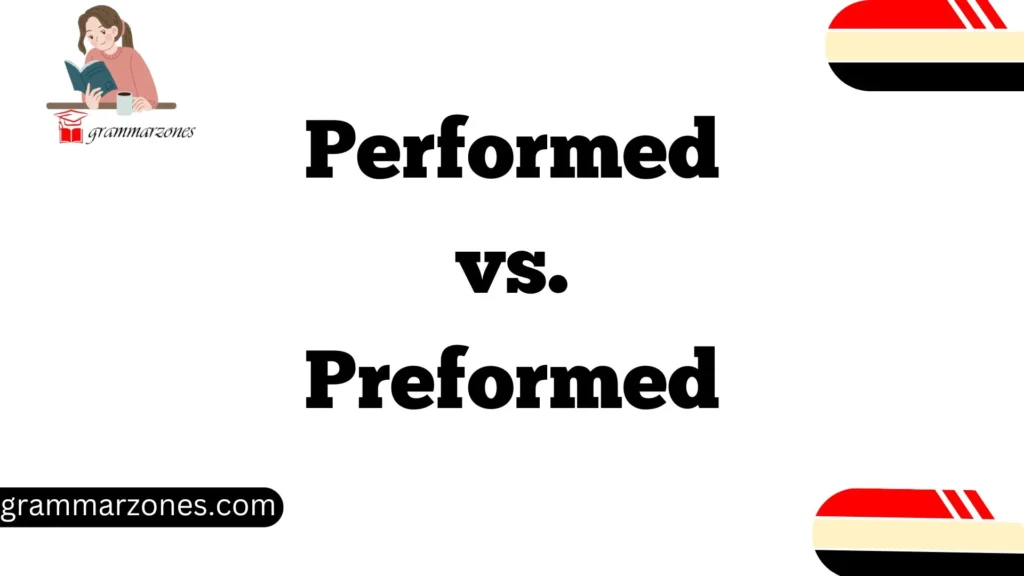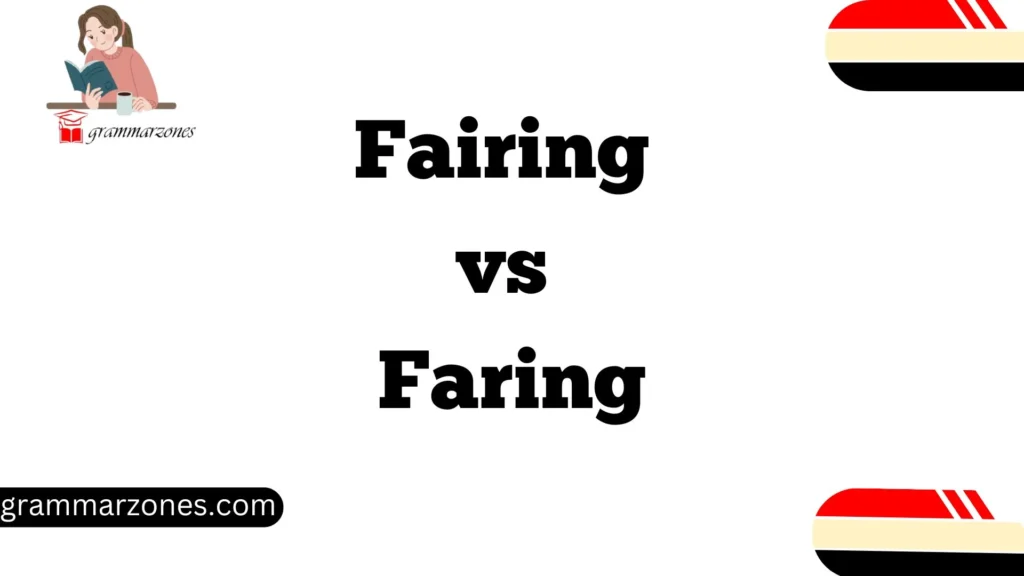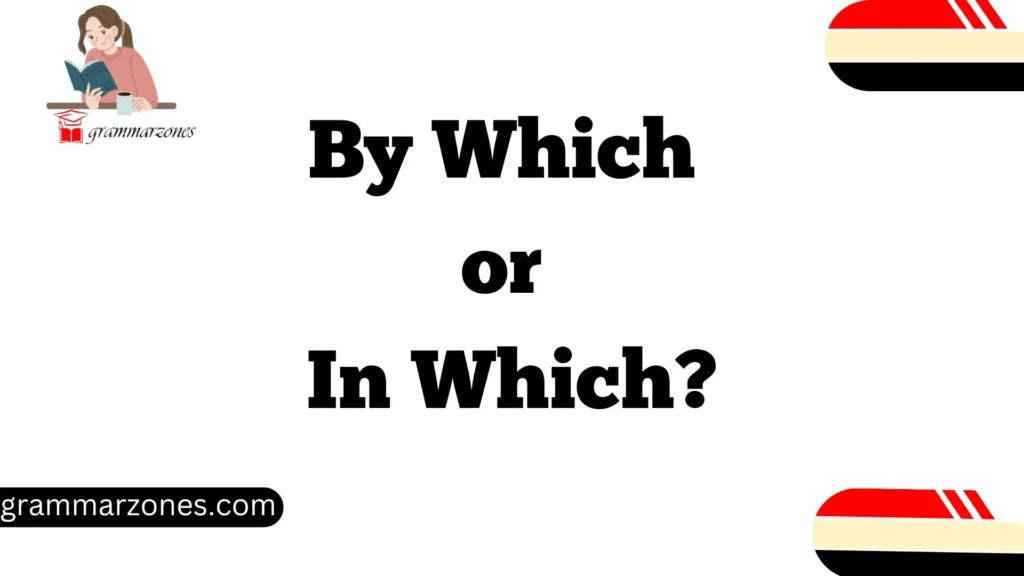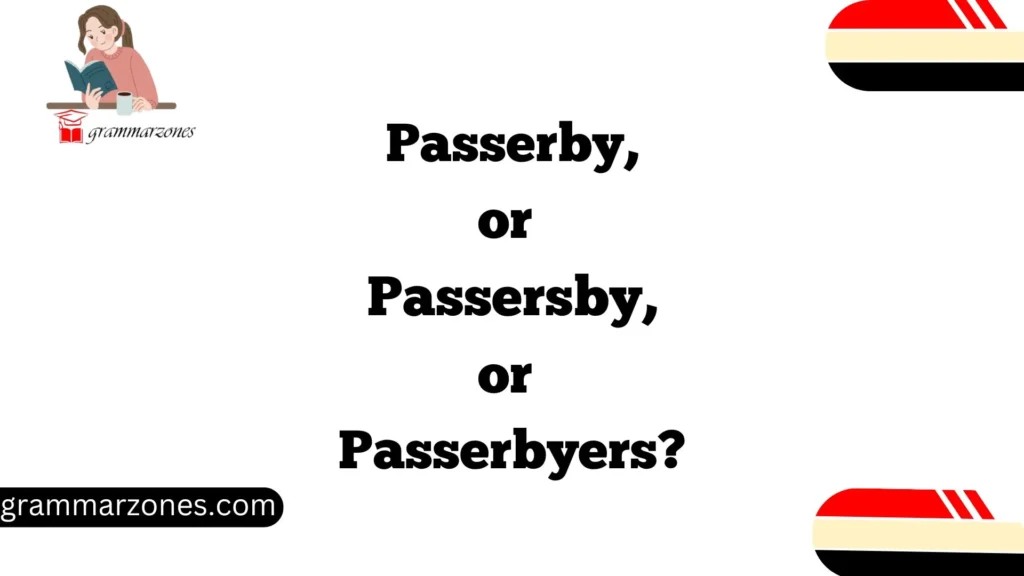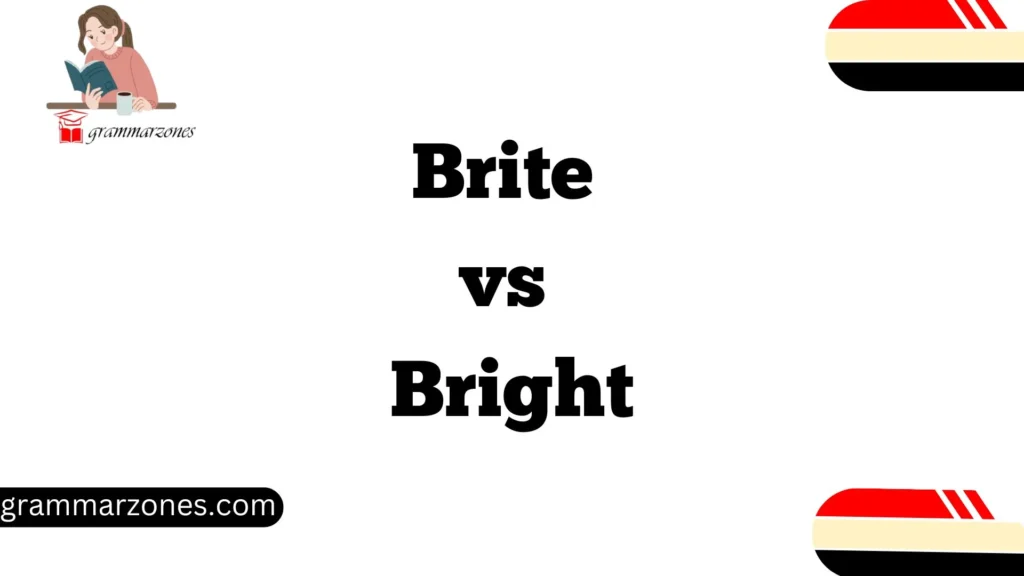Language is rich with nuance, and sometimes, two words that seem similar can have vastly different meanings, emotional tones, and uses. “Beloved” and “loved” are two such words. While they both relate to affection, they can carry significantly different connotations depending on context.
Understanding when to use each word is crucial for expressing the right tone, especially in sensitive situations or when you want to evoke a specific emotional response.
In this blog post, we’ll explore the differences between “beloved” and “loved,” offering insights into their meanings, grammatical usage, emotional weight, and cultural significance.
By the end, you’ll have a clear understanding of when to use each word and why it matters.
Definitions: What Do ‘Beloved’ and ‘Loved’ Actually Mean?
Before we dive deeper into the nuances, let’s break down the definitions of “beloved” and “loved.” Both words stem from the same root, but they function in different ways in language and culture.
- Beloved: This term comes from Old English and is a more formal, often poetic expression of deep affection. It’s not something you hear every day, but when you do, it carries a sense of reverence, respect, and lasting emotion. “Beloved” is often used to describe someone or something cherished to a high degree, and it often implies a deep, almost sacred form of love.
- Loved: This is a simpler, more casual term that refers to affection or care. It is far more commonly used in everyday language and can be applied to a wide variety of relationships—from romantic partnerships to friendships, family members, and even inanimate objects or pets. “Loved” is a broader, more general term without the emotional depth that “beloved” carries.
Quick Comparison
| Feature | Beloved | Loved |
| Tone | Formal, poetic, sentimental | Simple, familiar |
| Frequency | Less common | Widely used |
| Emotional Weight | Deep reverence or affection | General affection |
| Usage | Titles, memorials, literature | Daily conversations |
| Typical Contexts | Obituaries, dedications | Casual speech and writing |
Key Differences at a Glance
Though both “beloved” and “loved” indicate affection, the words are not interchangeable. Their meanings, emotional weight, and usage differ significantly. Let’s take a deeper look at these differences.
Emotional & Cultural Weight
One of the most significant differences between “beloved” and “loved” is the emotional depth they convey.
- “Beloved” carries a weight of reverence. It’s not just love; it’s a deep, almost sacred affection, often used to describe someone who has passed away. This term is commonly seen in memorials, religious texts, or literary works to honor someone or something that holds a special place in our hearts.
- “Loved”, on the other hand, is more accessible and uncomplicated. While it still expresses affection, it lacks the solemn, almost sacred tone that “beloved” imparts. It’s used in casual conversation and can be applied to almost any context involving affection.
In terms of cultural usage, “beloved” is often found in religious or historical contexts, like the Bible or classical literature. It can also be seen in memorials, such as gravestones, where the word “beloved” is meant to convey respect and deep emotional connection.
In contrast, “loved” is frequently used in everyday life. It’s the word you would use to express affection for a friend, family member, or romantic partner in normal conversation.
Grammar and Sentence Structure
Understanding how these two words fit into sentences can help you use them effectively. There are some grammatical distinctions between “beloved” and “loved” that can impact how they are used.
- “Beloved” as an adjective: It’s typically used in more formal contexts. For example:
- She was his beloved wife, cherished for her wisdom and kindness.
- The beloved city stood as a symbol of hope.
- She was his beloved wife, cherished for her wisdom and kindness.
- “Loved” as a verb: This can be used in a broader variety of contexts. For example:
- He loved her deeply.
- They loved the new movie.
- He loved her deeply.
Is “Beloved” Used in Passive Constructions?
The term “beloved” often appears in passive voice structures, which is less common with “loved.” Consider these two examples:
- He is beloved by his community vs. He is loved by his community.
Both sentences are grammatically correct, but “beloved” feels more formal, respectful, and permanent.
Usage in Real-Life Contexts
Let’s explore how the words “beloved” and “loved” are used in real-life situations. This will help clarify the distinctions and provide more insight into when each term is appropriate.
Literature and Poetry
- Authors frequently use “beloved” in poetic and formal language, where the tone is more elevated or reflective. For instance, in William Shakespeare’s plays, he often refers to characters as “beloved” to indicate deep affection that transcends the ordinary.
- Conversely, “loved” appears in more straightforward language. For example, in contemporary novels or casual writing, authors will say characters “loved” each other, indicating affection, but not necessarily a deep reverence.
In Relationships
In personal relationships, the choice between “beloved” and “loved” changes based on the depth of affection and the formality of the relationship.
- “Beloved” might be used to describe someone you hold in high regard, particularly in a romantic relationship that has a sense of timelessness or permanence. A husband might describe his wife as “beloved” in a letter meant to express deep, enduring love.
- “Loved”, on the other hand, is something you’d say to express affection, but in a less formal manner. You could say “I loved you” to describe past feelings, or “I love you” in the present.
Memorials and Tributes
- When a person passes away, their name is often memorialized as “beloved.” For example:
- John Smith, beloved father, brother, and friend, will never be forgotten.
- The word “beloved” here implies a sense of reverence and respect that transcends mere affection.
- John Smith, beloved father, brother, and friend, will never be forgotten.
When to Use Each Word—and When Not To
Understanding the emotional weight of both words will help you decide when to use each one.
Use “Beloved” When:
- Writing formal or poetic language, such as in eulogies, memorials, or literary works.
- You want to convey a deep, almost sacred form of affection.
- Describing someone or something that has enduring emotional significance (e.g., The beloved city of Paris).
Use “Loved” When:
- Expressing casual affection in everyday language.
- Referring to feelings in romantic relationships, friendships, or family settings.
- You need to convey simple, uncomplicated affection without a formal tone.
How These Words Influence Perception
The words “beloved” and “loved” also influence how we perceive relationships and emotions.
- “Beloved” creates an impression of timeless devotion and deep reverence. It’s a word often reserved for memorials and highly sentimental occasions, making it perfect when you want to convey respect alongside affection.
- “Loved”, on the other hand, is less intense and more commonly used in daily interactions. It conveys affection but without the heaviness that “beloved” carries.
Conclusion: Why Word Choice Between “Beloved” and “Loved” Matters
Words don’t just carry meaning—they carry emotion, nuance, and intent. In the case of “beloved” vs. “loved,” that difference is subtle, but powerful.
Choosing “beloved” adds weight. It signals deep, enduring affection—often with a sense of reverence or even mourning. It’s ideal when writing memorials, dedications, or formal prose. It speaks to the timeless, the respected, the cherished.
On the other hand, “loved” is beautifully versatile. It works in casual conversations, daily affirmations, and contemporary writing. It’s not lesser—just different. “Loved” is the everyday heartbeat of language; “beloved” is its poetic echo.
When writing, especially in emotionally charged or meaningful contexts, choosing the right word matters more than most people realize. The distinction between “beloved” and “loved” isn’t just grammatical—it’s human.
Frequently Asked Questions About “Beloved vs. Loved”
What’s the difference between “beloved” and “loved” in terms of meaning?
Beloved implies a deeper, more reverent, and often long-lasting affection. It’s formal and poetic.
Loved is broader, more casual, and more commonly used to express affection in everyday life.
Is “beloved” outdated?
No. While it has an old-fashioned tone, “beloved” is still used today—especially in memorials, religious texts, literary works, and romantic writing. Its power lies in its rarity and emotional depth.
Can you use “beloved” in modern writing?
Yes, but sparingly and intentionally. It works best in formal, artistic, or emotional writing, like speeches, dedications, and poetry. It may sound too grand in casual emails or texts.
Can a person be loved but not beloved?
Absolutely. Someone might be “loved” by many but not described as “beloved.” “Beloved” implies respect and reverence, not just affection.
Are there grammatical rules that make one better than the other?
Not strictly, but “beloved” functions almost exclusively as an adjective, whereas “loved” can be both a verb and an adjective. The context usually dictates which is more appropriate.

“Emma Brooke is an aspiring writer with a passion for mastering the English language. At GrammarZones.com, Emma explores the intricacies of grammar, punctuation, and vocabulary, providing clear and accessible explanations for learners of all levels.
